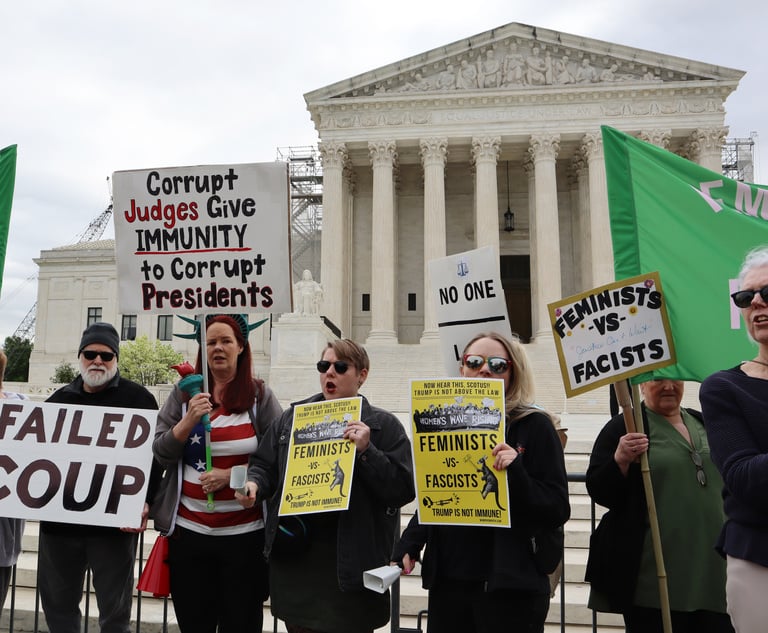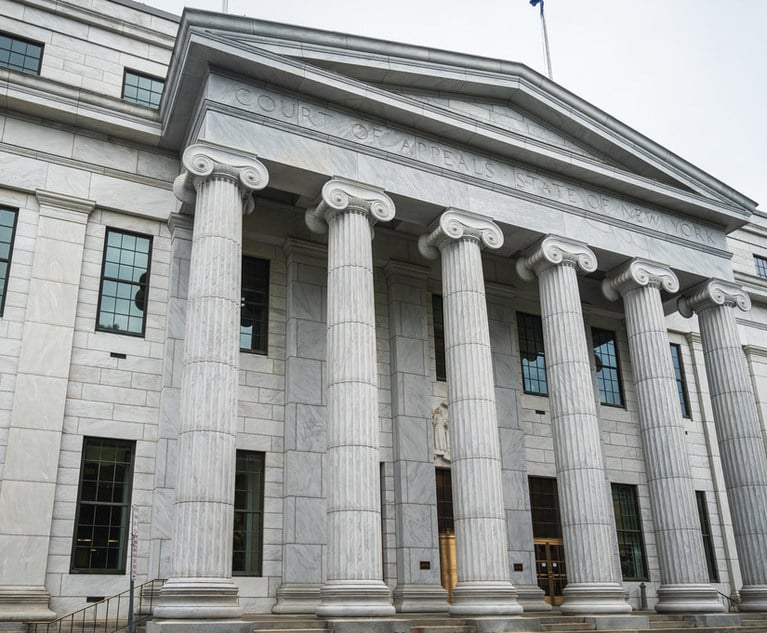The U.S. Supreme Court on Monday turned away a high-profile dispute on the voluntariness of juvenile confessions, a case that is connected to the “Making a Murderer” Netflix series viewed by millions in 2015.
Without explanation, the court denied certiorari in Dassey v. Dittmann, an appeal brought by lawyers for Brendan Dassey, who was convicted in 2005 in Wisconsin on rape and murder and sentenced to life, based on a taped confession and little or nothing else. He was 16 at the time, and borderline intellectually disabled.
This content has been archived. It is available through our partners, LexisNexis® and Bloomberg Law.
To view this content, please continue to their sites.
Not a Lexis Subscriber?
Subscribe Now
Not a Bloomberg Law Subscriber?
Subscribe Now
LexisNexis® and Bloomberg Law are third party online distributors of the broad collection of current and archived versions of ALM's legal news publications. LexisNexis® and Bloomberg Law customers are able to access and use ALM's content, including content from the National Law Journal, The American Lawyer, Legaltech News, The New York Law Journal, and Corporate Counsel, as well as other sources of legal information.
For questions call 1-877-256-2472 or contact us at [email protected]


 Credit: Mark Evans/iStock
Credit: Mark Evans/iStock







